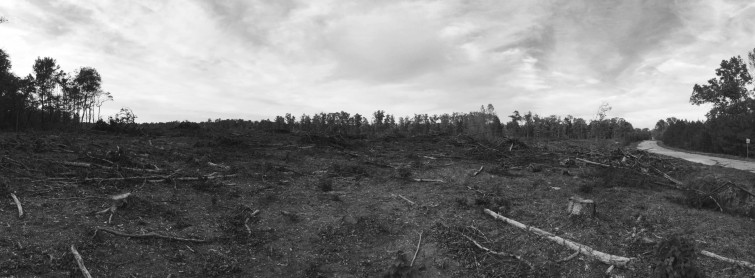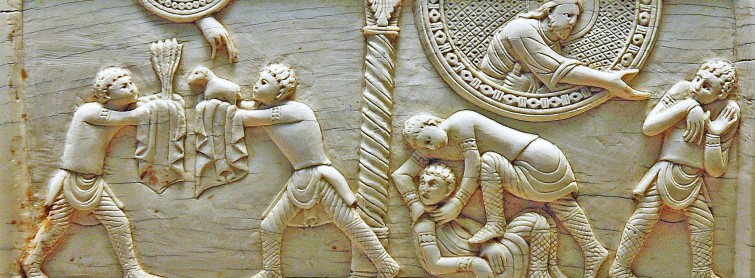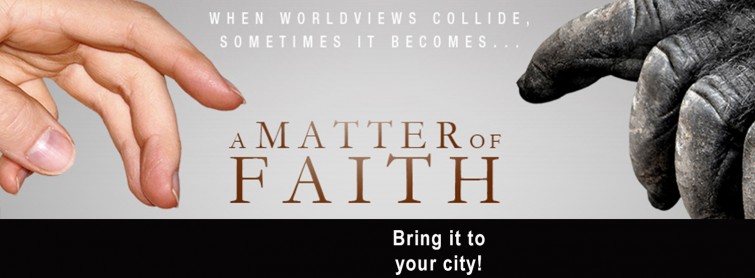We Came in Like a Wrecking Ball
The Problem
Christians need to face up to a problem that we have not always taken adequate responsibility for.
We, as humans, and as Christians, have failed to take proper care of the earth, and at times have even been directly involved in its destruction. Christianity has not only participated in this destruction, but has failed to take any action to correct it. Economist and Creationist Wendell Berry argues that, not only are Christians being counted in those who add to the destruction of creation, but have often been amongst the worst of its perpetrators;
“Christian organizations, to this day, remain largely indifferent to the rape and plunder of the world and of its traditional cultures. …most Christian organizations are as happily indifferent as most industrial organizations to the ecological, cultural, and religious implications of industrial economics. The certified Christian seems just as likely as anyone else to join the military-industrial conspiracy to murder Creation.”
A Sinking Ship
Fundamentalist eschatological theories have indirectly cultivated a culture in which Christians have lost all sense of responsibility for the created order. Movies, blogs and books including best-selling novel series “Left Behind” have come to foster a philosophy that perceives the earth to be a temporary dwelling which will succumb to ruin before Christ’s second coming. The line of thinking is this;
If the earth, in the future (possibly near future) is going to become a desolate wasteland which will only be redeemed upon Christ’s return, then why should we, as Christians, make any efforts to care for it now? This philosophy leads to a focus on evangelization and the ‘saving of souls’, over care for the environment. DL Moody himself felt this way, and said; “I look upon this world as a sinking ship…”
According to this view, the earth is a kind of Titanic, beyond redemption and doomed to founder. Moody’s statement implies that the only recoverable component of the wreckage is people. While we must keep mission in focus at all times, saving souls created by God, we must not do so at the expense of the rest of God’s creation. The Bible describes the future earth as gloriously redeemed and rebuilt, but this does not give us permission to use and abuse it in the present age. The blessed hope that we look to of a future re-creation does not provide license for humanity to abandon the care for this creation. The opposite is the case – we must utilise the inherent goodness of the material world in order to please God and care for his creation in our own time and place.
It is with this philosophy, that Luther famously remarked;
“If I knew Jesus would return tomorrow, I would plant a tree today.”
A Witness to all Nations
The relationship between Christianity and creation is becoming increasingly urgent. Humans are perceived to be the most intelligent life form that roams the earth, and yet we are responsible for almost all of the damage that the planet has suffered. As Christians, we are even further enlightened through the Light of Christ, and yet we are passive when it comes to issues concerning the created order.
Over the last few decades, there have been many movements which have taken up the environmental flag and advocated for responsible earth care in order to preserve God’s creation. Christians, however, have often distanced themselves from these movements, or just failed to act with conviction when it comes to environmental issues. This stands in opposition from scripture, which sees creation as deeply bonded and relational with God, as well as revealing God’s glory and omnipotence. Christians should be leading these campaigns which address environmental concern.
We are no longer in a position to sit back and pray for a miracle. Stories of pollution, climate change and animal extinction are endemic in our media, yet we are no more compelled to make changes than we were four or five decades ago. As Christians we must respond with conviction, to represent and take responsibility for the environment that we recognise as God’s. The entire cosmos matters deeply to God, and thus it should matter deeply to us. If we abuse the environment, neglect it, or fail to advocate or it, then we are allowing the earth that our God cares about, to perish.
Biblically speaking, to not take action is a failure on our part, to understand our role in the created order, and in the Gospel.
Why should we care?
The Bible gives many reasons why we should be concerned for our world:
- God himself is pleased with his creation
- God is in relationship with his creation
- God expects humans to exercise responsible stewardship over nature
- God commanded us to care for the environment
- The entire created order will be renewed and re-created
The significance of the earth in our estimation ultimately depends on our understanding of the story in which we are taking part. We must spread the Gospel to the four corners of the earth – as we have been commissioned – but to preach the Good News whilst failing to model it by caring for God’s creation, is a failure to understand our place within God’s redemptive plan.
The biblical story outlines a framework in which we are all participants. After five days of creating planet earth, the sixth day is used to create human life. The first man is then formed from the dust of the earth, and filled with God’s breath. Humans were created to be in relationship with the earth in the same way that God is – we are bound to the earth and rely on it to care for us, as we in turn should care for it.
So What Can We Do Today?
To become a part of the solution TODAY, the first thing you should do is subscribe, and sign the petition to officially inaugurate Creation Day. Help establish Creation Day as a national holiday in which all of humanity will recognise the need for responsible, caring stewardship over God’s creative handiwork.
http://www.ipetitions.com/petition/creation-day



